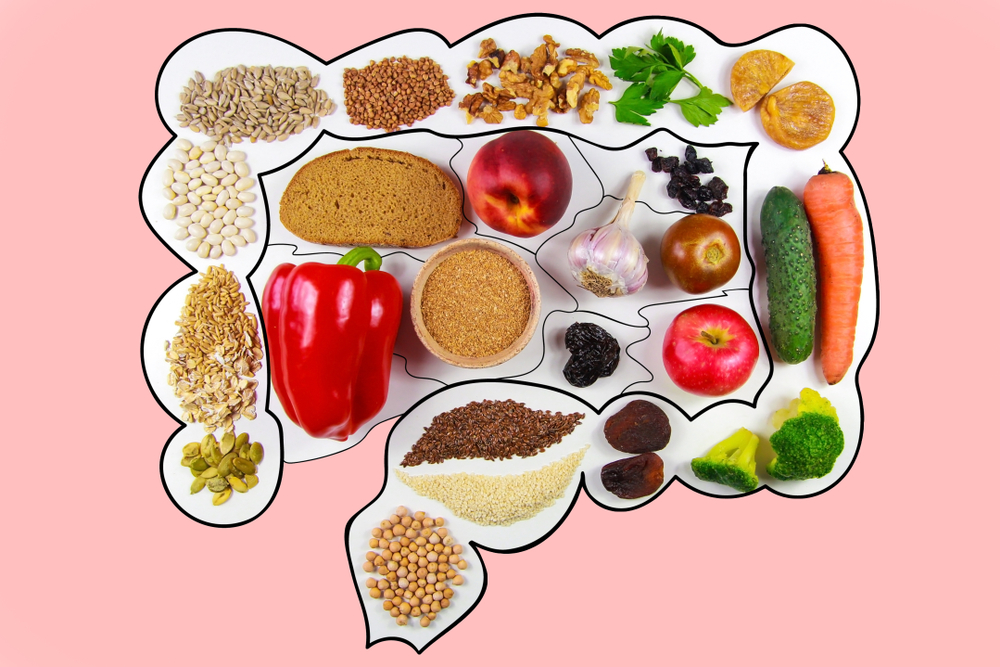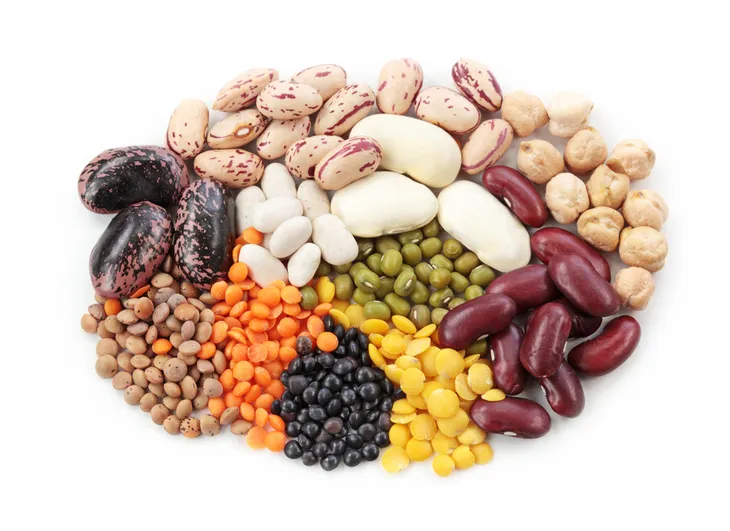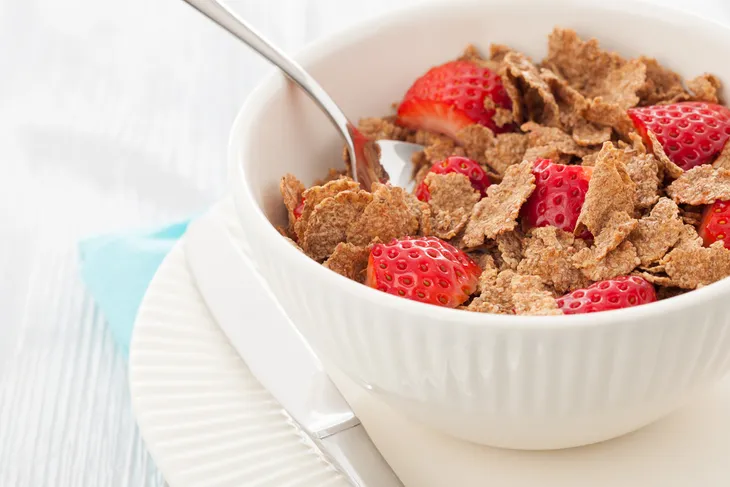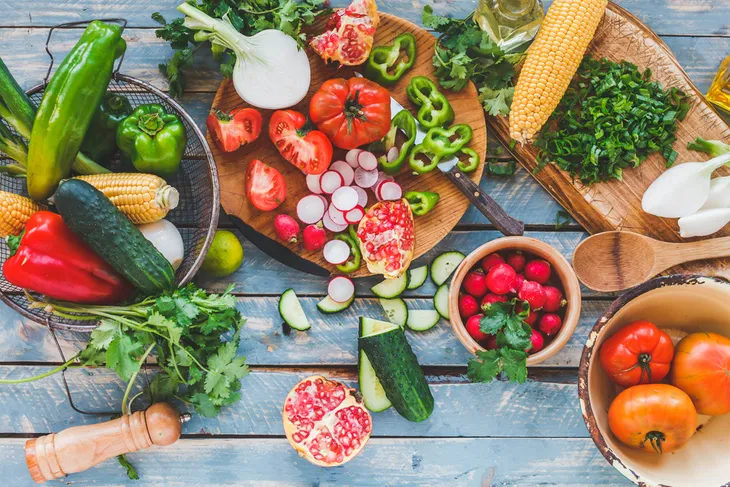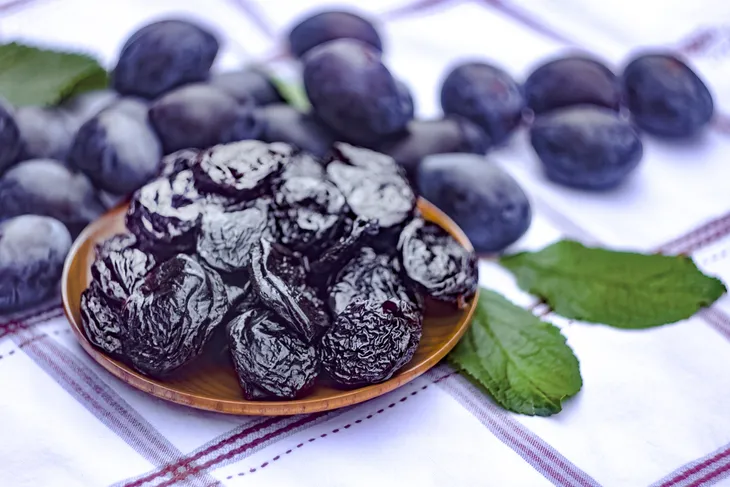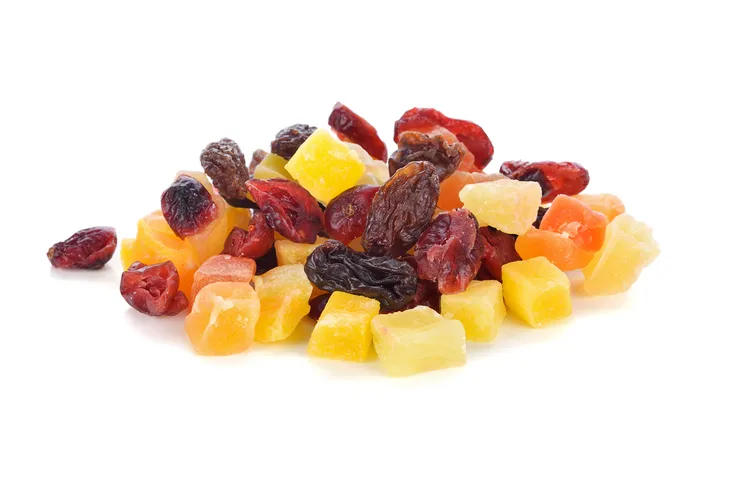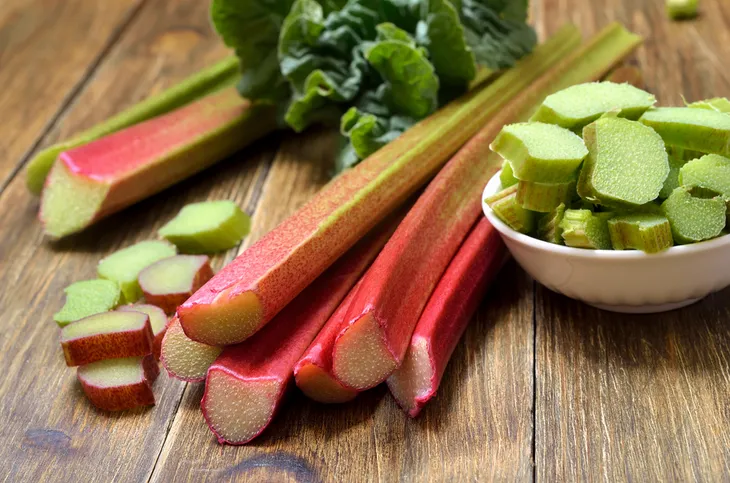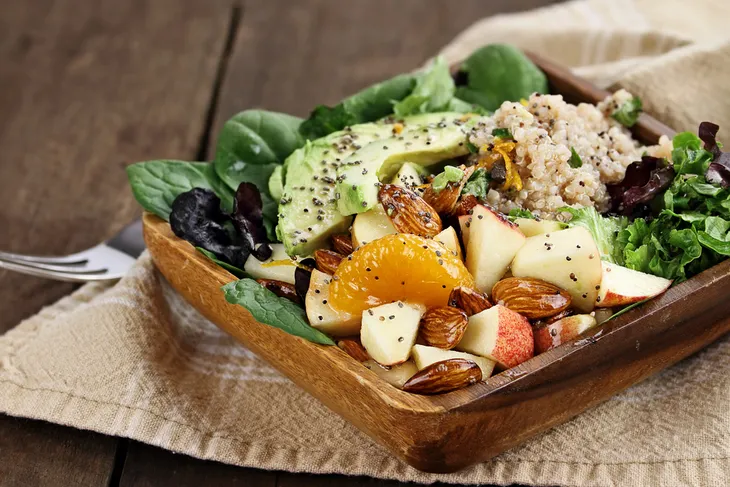- Constipation affects about 20-percent of the American population and accounts for 8 million doctor visits per year.
- Luckily, there are simple things you can do at home to get some relief.
- Eating fiber-rich foods, drinking plenty of water, and engaging in regular exercise can all help relieve constipation.
- It’s important to talk to your doctor if you’re suffering from chronic constipation to determine the cause and to make a proper treatment plan.
Constipation can be equally painful and embarrassing. But you should know you’re not alone. About 20-percent of the American population suffers from chronic constipation and accounts for 8 million doctor visits per year. Many factors like your activity levels, eating habits, age, and gender can affect the number of bowel movements you pass each day. However, Healthline notes, it’s abnormal (and possibly a serious concern) if you go three times or fewer per week.
The good news is there are many effective home remedies you can try to help relieve constipation. That said, if you’re suffering from chronic constipation, it’s important to inform your doctor to determine the cause and what you can do about it. In the meantime, try these remedies to get some relief.
Want diet & nutrition content delivered straight to your inbox? Sign up for our exclusive diet & nutrition newsletter!
Beans
Beans aren’t just good for the old ticker…they also prevent constipation. The reason is that they’re chock full of fiber. Healthline notes that you should “drink lots of water with these foods, as it will further help push your stool through your system.”
Many associate beans and legumes with gas, however, the more you eat them, the less gas you’ll experience. Plus, you can really mix up your dishes with an array of pinto, red, black, lima, navy, or garbanzo beans (also called chickpeas) for a great source of daily fiber.
Coffee
Did you know that it’s the bitterness in your morning cup of Joe that actually stimulates your digestive tract and sends you to the bathroom shortly after you drink it? Medical News Today says to drink caffeinated coffee for best effects. The source notes a study that found the effect was “60% stronger than drinking water and 23% stronger than drinking decaffeinated coffee.”
Coffee may also help prevent constipation because it may contain small amounts of soluble fiber which can help improve the balance of gut bacteria, says the source.
High-Fiber Cereal
Starting your day with a bowl of high-fiber bran cereal will kick start your digestive system due to fiber’s ability to add bulk to stool. Just be careful if you’re introducing a lot of fiber to your diet for the first time, you could experience a lot of painful gas, bloat, and stomach cramps.
Instead, begin with small servings of morning oatmeal or another fiber-rich cereal. You could also sprinkle some barley flakes on your lunchtime soup or stew.
Cut the Processed Foods
If your diet consists primarily of processed foods, this could be the culprit to your constipation. This can occur because these types of foods slow the digestion system. Thus, removing them may help provide relief.
Focus more on foods and recipes that contain whole grains and less on those that contain refined flour. Bump up your fiber intake by swapping brown for white rice and whole wheat bread for white breads in your family lunches.
Eat Your Veggies
Be honest with yourself, does your diet include a variety of veggies and lots of them? The Centers for Disease Control and Prevention (CDC) only 1 in 10 adults get enough fruits and vegetables in their diet. The fact is, veggies are chock full of fiber and other essential nutrients that may help relieve your constipation.
Introduce a bounty of fresh and frozen veggies to your daily meals. Fiber-rich sources include sweet potatoes, corn, peas, carrots, tomatoes, spinach, broccoli, and cauliflower. If you’re not a veggie-lover, chop them finely or puree them and add them to sauces, soups, and stews.
Apples
An apple a day isn’t just good for your health, it can also help prevent constipation. The same goes for a glass of apple juice or apple cider, just like apples, all three act as natural laxatives. This is due to their pectin content, a type of soluble fiber that can act as a laxative.
An apple a day also supports your health in many ways from supporting your heart and brain to improving bone health and reducing the risk of diabetes. It’s easy to add more apples to your diet too. You can eat them whole, sliced, or tossed into salads and baked goods.
Prunes
Prunes have been used as a natural remedy for constipation for many years. But why? The reason they’re effective is that “the fruit contains significant amounts of sorbitol, which is a sugar alcohol,” says Medical News Today.
Sorbital passes through your body undigested and draws water to the gut to bulk up your stool and stimulate a bowel movement. The fruit is also rich in fiber which we already know helps prevent constipation.
Dried Fruit
Prunes aren’t the only effective dried fruit you should try for constipation. Raisins, figs, and dried apricots may also help relieve constipation due to their high fiber content. In fact, raisins contain 7-grams of fiber per cup compared to 1-gram of fiber per cup of fresh grapes.
You can eat dried fruit by the handful, or you can toss it into cereal or a salad. Keep in mind, dried fruit is also rich in calories especially compared to the fresh varieties so just don’t overdo it.
Rhubarb
Rhubarb acts as a natural laxative due to its stringy consistency. Plus, you can prepare it in so many yummy ways like cooking it and serving it sweetened with honey on yogurt or oatmeal. You can also bake it in a pie or puree it in a morning smoothie.
Healthline points out “a study published in the Journal of Ethnopharmacology found that it also has antidiarrheal effects because of its tannin content.” With this in mind, rhubarb should only be used as a short-term option for constipation relief.
Blackstrap Molasses
Blackstrap molasses also has a natural laxative effect. You can try taking a couple of tablespoons before going to bed and by morning you should find some relief.
However, keep in mind that molasses is very high in calories and it tastes very pungent, so you don’t want to use it regularly. Use it as a short-term option and if you need to, mix it with milk or fruit juice to help it go down easier.
Seeds
Sprinkled on salads, soups, and side dishes, or consumed in paste or dip form (i.e., tahini), sesame seeds and pumpkin seeds provide the roughage the body needs to bulk up stool and soften food waste in the intestines. This makes bowel movements gentler on the body.
Olive Oil
Olive oil is another easy at-home remedy you can try for constipation. The reason it works is that it lubricates the intestines and helps soften the stool making it easier to pass stool.
The Bladder and Bowel Community says to consume 1-teaspoon of olive oil in the morning on an empty stomach to help your digestion. If you can’t stomach plain olive oil, try a tablespoon of your favorite oil with herbs, a bit of lemon juice, and some red wine vinegar and use it as a salad dressing.
Exercise
Physical activity not only helps you burn off unwanted calories it also encourages bowel regularity. Think of it this way, an active person will have active bowels, while a lazy person will have lazy bowels.
WebMD explains, “exercise helps constipation by lowering the time it takes food to move through the large intestine.” In turn, this limits the amount of water your body absorbs from the stool. When it comes to staying regular, even a daily walk can get everything on track.
Drink Water
Hydration is good for your health in general, but now you can add regularity to the list of benefits as well. The fact is, water is important for your digestion because “it keeps the food you eat moving through your intestines, and it keeps your intestines smooth and flexible, too,” explains WebMD.
If you don’t drink a lot of water already, this could be what is causing your constipation in the first place. Consuming at least eight glasses of water a day is a good goal to start but you should contact your doctor to find out how much water is recommended for you!
